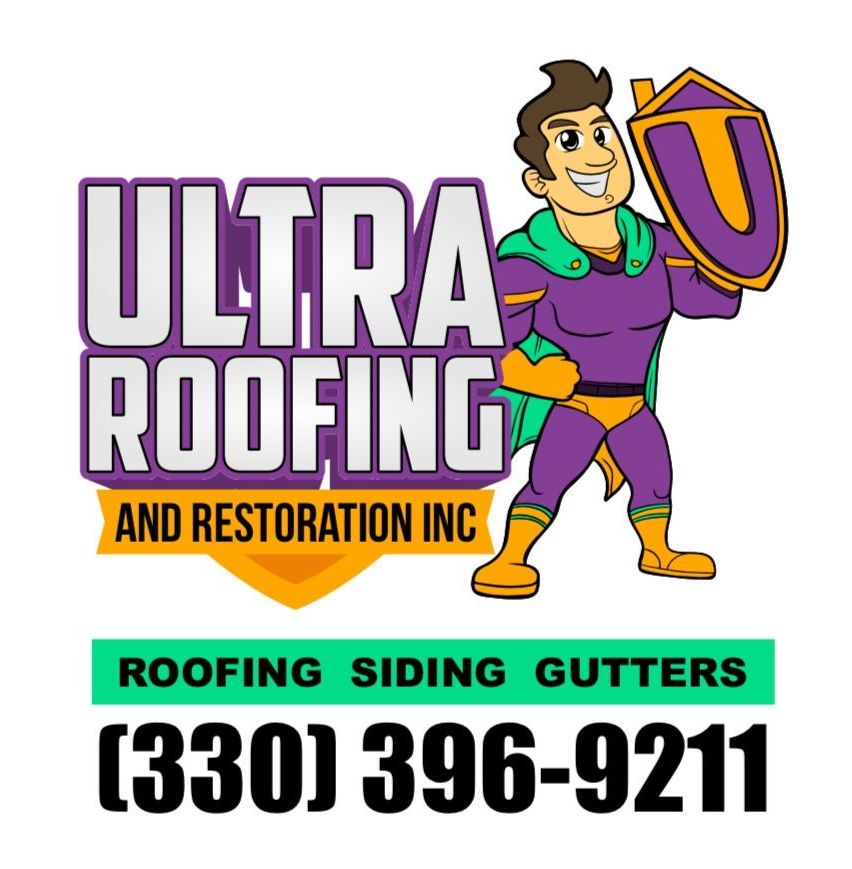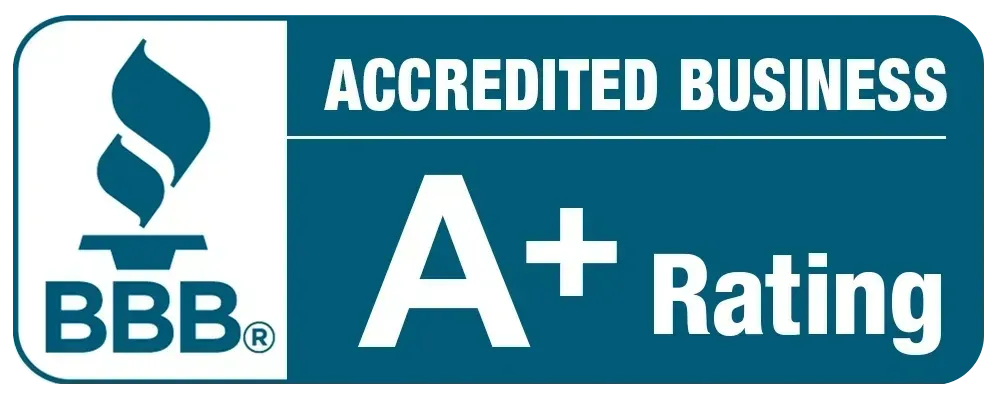Frequently Asked Questions
How do I know If I need a new roof?
Age of the Roof:
Asphalt shingle roofs typically last around 20-25 years. If your roof is approaching or surpassing this age, it might be time to consider a replacement.
Visible Damage:
Look for visible signs of damage such as missing or broken shingles, curling or buckling shingles, and significant granule loss.
Leaks or Water Damage:
Interior water stains, leaks in the attic, or water damage on the ceilings are indicators of potential roof issues.
Moss or Algae Growth:
Excessive moss or algae growth can be a sign of trapped moisture, which can lead to deterioration of the roofing material.
Sagging or Uneven Roof Lines:
A sagging roof or uneven roof lines may indicate structural issues and warrants a professional inspection.
Frequent Repairs:
If you find yourself frequently repairing your roof, it may be more cost-effective in the long run to invest in a new one.
Daylight Through the Roof Boards:
If you can see daylight through the roof boards in your attic, it's a clear sign that your roof is no longer providing adequate protection.
Energy Efficiency Changes:
An increase in energy bills without a corresponding change in energy usage could be a sign of insufficient roof insulation or ventilation.
If you notice any of these signs, it's advisable to consult with a professional roofing contractor for a thorough inspection. They can provide expert advice on whether repairs or a complete roof replacement is the best course of action based on the condition of your roof.
What factors contribute to the material costs of a roofing project?
The kind of materials used, size of the roof, and any other extra elements like a skylight or ducts affects material costs. We carry out a comprehensive evaluation of your roofing requirements, itemizing materials expenses that fit into your pocketbook and tastes.
Will My home owners insurance cover the cost of my roof?
It is worth noting that homeowner’s insurance will cater towards payment of the roof in specific instances, though it usually relies on a condition. Here are some common scenarios where homeowners insurance may or may not cover the cost of a roof:
Usually Covered:
Storm Damage:
Any type of damage your roof suffers as a result of any of the covered perils e.g., hailstorms, windstorms or any other event will be compensated for by the homeowner’s insurance.
Accidental Damage:
Homeowners insurance would pay for any damage caused on your roof by an unexpected incident, including fallen trees or objects.
Fire or Vandalism:
Homeowners insurance would cover damages to your roof due to fire or vandalism.
Usually Not Covered:
Normal Wear and Tear:
Loss in your roof normally happens slowly through aging, wearing out, or neglecting the house leading in no cover for the homeowner’s insurance. That’s why insurance has been created for any unexpected or sudden event.
Neglect or Lack of Maintenance:
Insurance might not even pay for damages that come as a result of negligence or insufficient maintenance of objects.
Flood or Earthquake Damage:
The usual householder’s insurance does not encompass damages occasioned by earthquake and flooding. In these cases, separate insurance policies or endorsements may be needed for coverage.
Roof Over 20-25 Years Old:
However, some policies might not cater for the costs of replacement of a roof which is already beyond the expected life span.
Make sure you revisit your homeowner’s insurance policy, understand it, and talk about some specific coverage issues with your insurer. Furthermore, ensure that you document the loss accurately and report it to your insurer as soon as possible while making your claim.
How to find a roofing contractor I can trust?
In every roofing project, finding a contractor you can rely on is paramount to ensure that everything gets done without any problems. Here are some tips to help you find a reliable and trustworthy roofing contractor:
Ask for Recommendations:
Ask for suggestions from your close friends, relatives, neighbors or workmates who have previously encountered good services of a roofing contractor. These personal referrals can give invaluable opinions concerning a contractor’s ability to deliver and quality of construction.
Check Online Reviews:
Read online reviews especially on Google, Yelp, or angie’s list. Check positive and negative reviews to have an impartial view of the contractor’s name.
Verify Credentials:
Make sure you hire a licensed and insurance covered contractor. The contractor must show that he has a valid license – this ensures that he is allowed to work, while insurance offers safety incase there are accidents or damages along the way, during the project.
Ask for References:
Ask the contractor to provide you with names of references, then call these previous clients and ask about their experiences with that specific contractor. Find out about their experience, how good they were in their task, as well as whether or not they remained on schedule and within budget.
Check the Better Business Bureau (BBB):
Check out the contractor on BBB website for consumer complaints and disputes. The rating given by the Better Business Bureau is a hallmark of reliability and hence good rating will earn a good impression.
Ask About Warranty:
Find out whether there is a warranty for the materials and workmanship.� On the other hand, if their warranty covers the project then that contractor must be trusted.
Communication is Key:
Evaluate the manner of communicating by the contractor and his/her promptness.>:]< Trustworthy contractor must always keep in touch with the client by being open, responsive, and informative.
Check for Red Flags:
However, be careful when one demands a big down-payment, pushes you into speedy decisions or has no street address or apparent business setup.
Take your time to research and evaluate the integrity of prospective roofing contractors to ensure that you select one who can earn your trust in your roofing job.
We invite you to explore our Better Business Bureau (BBB) profile for a comprehensive overview of our commitment to excellence and customer satisfaction. Your trust means everything to us, and we're proud to showcase our dedication to quality service on our BBB profile. Thank you for considering Ultra Roofing and Restoration for your roofing, gutter and siding needs!
Business Hours
- Mon - Fri
- -
- Sat - Sun
- Closed


